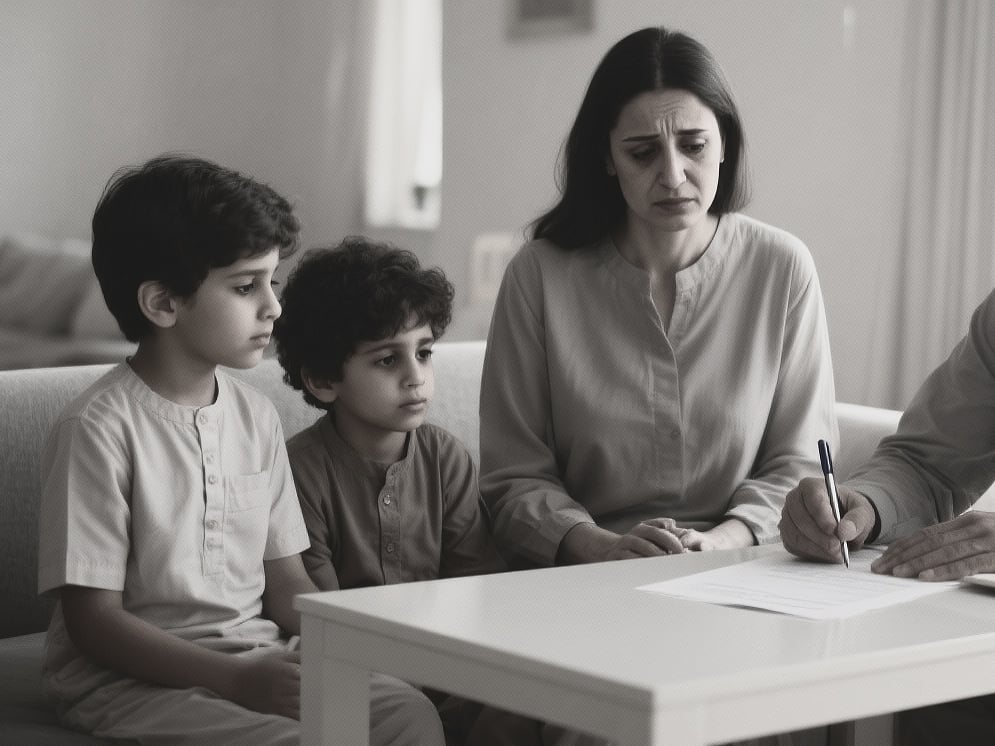How to opt out of Sharia inheritance law in the UAE
In the UAE, your will secures your legacy — without one, Sharia law may apply by default

The UAE’s legal system is known for balancing modern inclusivity with cultural and religious tradition. Yet many expatriates remain unaware that, without a registered will, their estate may be distributed under Sharia inheritance laws upon their passing.
Understanding the default rule
Under UAE Federal Law, when an expatriate dies without a registered will, their estate, including property, bank accounts, and other assets, is distributed according to Sharia inheritance principles. Under this framework, male heirs generally receive a larger share than female heirs. For instance, a son typically inherits twice the share of a daughter, and other male relatives such as brothers or uncles may also become beneficiaries.
In addition, guardianship of minor children does not automatically transfer to the surviving mother. In many cases, the paternal grandfather or the eldest male relative on the father’s side may be appointed as guardian, while custody may remain with the mother. During this period, bank accounts are frozen and property transfers are suspended until the courts determine rightful ownership.
Opting out through a registered will
The UAE’s progressive legal framework allows expatriates, except GCC nationals, to opt out of Sharia inheritance law by registering a legally valid will. This ensures that asset distribution reflects personal wishes, protecting families from uncertainty and delay.
There are two main authorities where expatriates can register their Wills. The DIFC Wills Service Centre follows a common-law framework similar to that in the UK. It applies to non-Muslim expatriates with assets in the UAE and other jurisdictions. The process is conducted entirely in English, offering clarity and ease of use. The Abu Dhabi Judicial Department (ADJD) operates under a civil-law system and applies to both Muslim and non-Muslim expatriates across all seven emirates. It is a cost-effective option that provides bilingual (English-Arabic) documentation.
How to register your will
First, draft your will by listing your beneficiaries, asset distribution, and guardianship preferences for minors. Next, select your registry by choosing between DIFC or ADJD based on your asset locations and legal preference. Finally, register your will formally by completing attestation and registration to make it legally enforceable.
“Too many families discover too late that inheritance in the UAE does not automatically follow their home country’s laws,” says Muhammad Tariq, Managing Partner at Legal Inz.
Legal Inz, one of the UAE’s leading firms in estate planning and probate services, has spent over a decade helping residents and investors secure their assets. The firm offers fully remote will drafting and registration under both DIFC and ADJD jurisdictions, ensuring compliance, convenience, and peace of mind.
Plan with purpose
Estate planning isn’t only for the wealthy. It’s a responsible step for anyone who owns assets or has dependents in the UAE.
“We plan our careers, our travels, and even our retirements. But the most important plan is the one that safeguards the people we love when we are no longer here. A will ensures that what you value most continues with purpose, clarity, and compassion,” adds Tariq.
Sign up for the Daily Briefing
Get the latest news and updates straight to your inbox
Network Links
GN StoreDownload our app
© Al Nisr Publishing LLC 2025. All rights reserved.